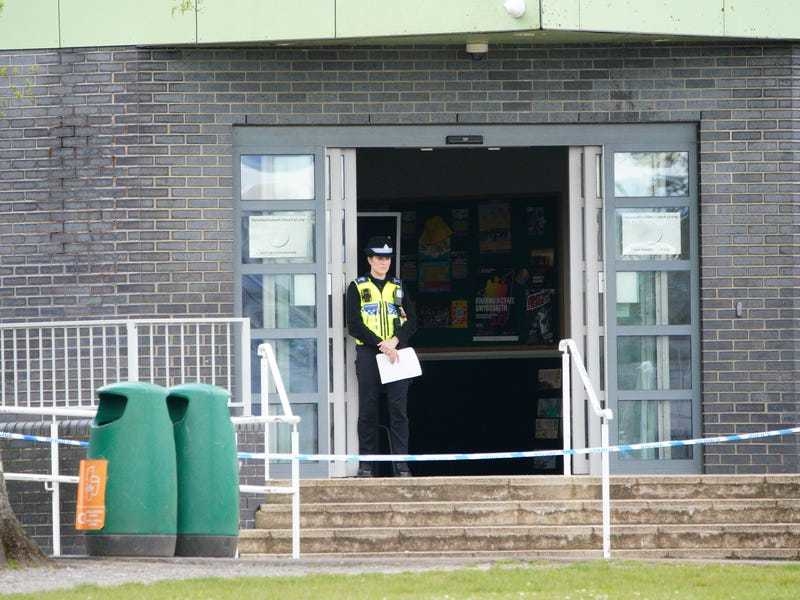The average price of a property in Jersey is now £453,000, which is the highest since the end of 2010, according to the House Price Index report released by the States’s Statistics Unit today.
A three-bedroom house, which is the most sought-after property in the Island, now sells on average for £530,000, compared to £443,000 for a two-bedroom house, £347,000 for a two-bedroom flat and £212,000 for a one-bedroom flat.
And on average, homes in Jersey are more expensive than anywhere in the UK, except London where an average home costs £528,000.
Property lawyer Paul Scally said that the figures were ‘good news’ but warned that another property market boom, like the UK is experiencing, would not be good for Jersey.
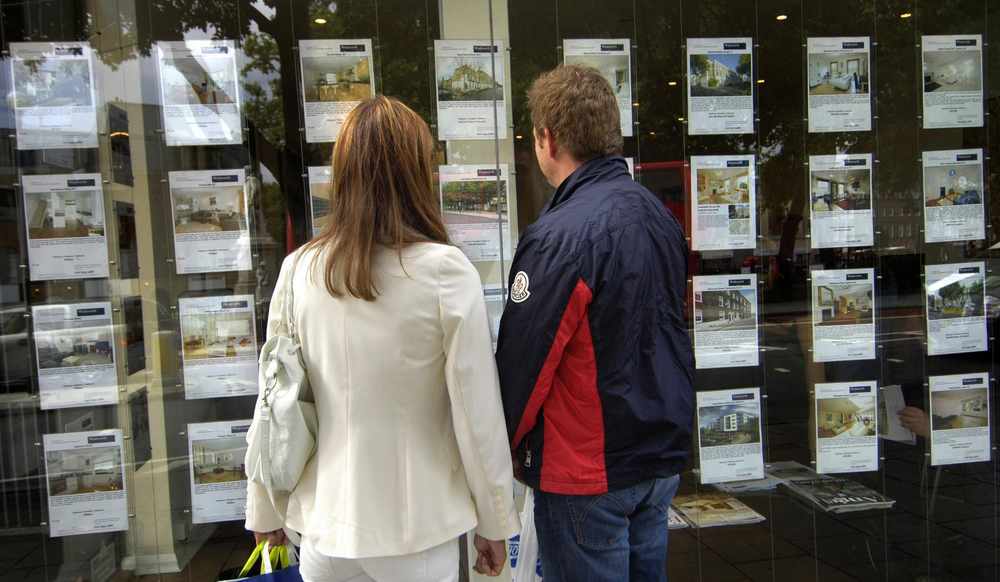
- One-bedroom flat: £211,000
- Two-bedroom flat: £341,000
- Two-bedroom house: £405,000
- Three-bedroom house: £502,000
- Four-bedroom house: £694,000[/breakout]
He said: ‘This is good news.
‘The increase in prices shows that the market is recovering and we should not be concerned that house prices are not going up at the same rate as the UK.
‘We do not want to see a repeat of the boom in the property market which happened in the early 2000s, which is what caused all the problems that we had.
‘Jersey is too small a place for a boom and bust market – what we need is a nice, steady recovery and it looks like that is what we are getting.’
He added that while there were positive indicators in the market, he would like to see more done by the States to help younger Islanders get onto the property ladder.
However, Mr Crespel said that Islanders who are looking to sell their properties must not get carried away by the price growth.
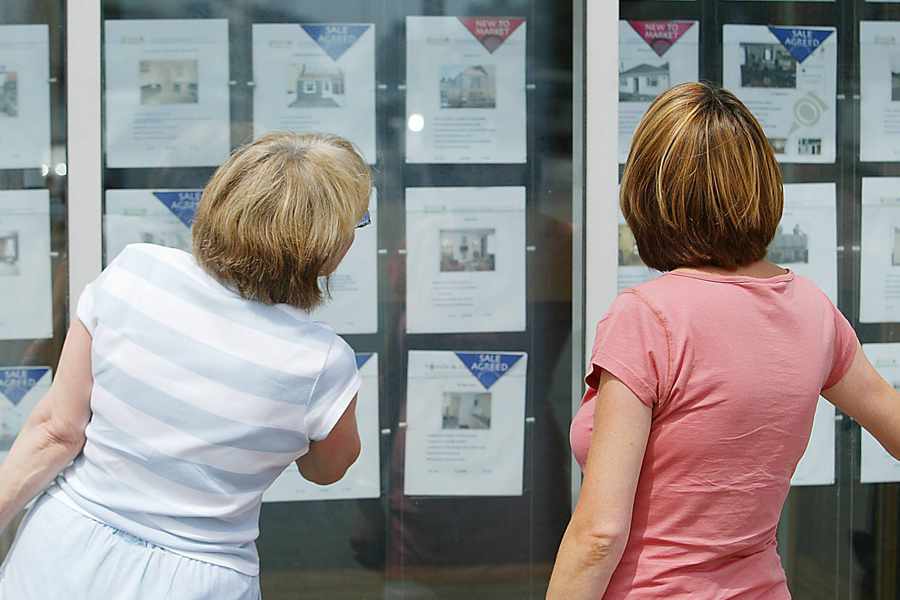
‘Priced realistically property will sell.
‘If the expectations are too great it will remain on the market, as it has, for weeks and months.
‘The old stock that hasn’t been re-priced is just going to continue to sit there.’
Bradley Vowden, partner at Gaudin and Co Estate Agents, said that he was hoping for stability in the market instead of rapid growth.
‘We have to be mindful that what is translated to the man on the street isn’t that we are out of the recession and certainly that we are not on a huge upward curve.
‘I would like to see some stability and then I think we can have a more sustainable rate of sale rather than peaks and troughs, as we have had in the past.’
Jim Coupe, the managing director of mortgage lenders Skipton International, also said that he hopes the steady growth in the market continues.
He said: ‘Employment prospects in Jersey are better than a few years ago and people are feeling more confident when it comes to home purchases.
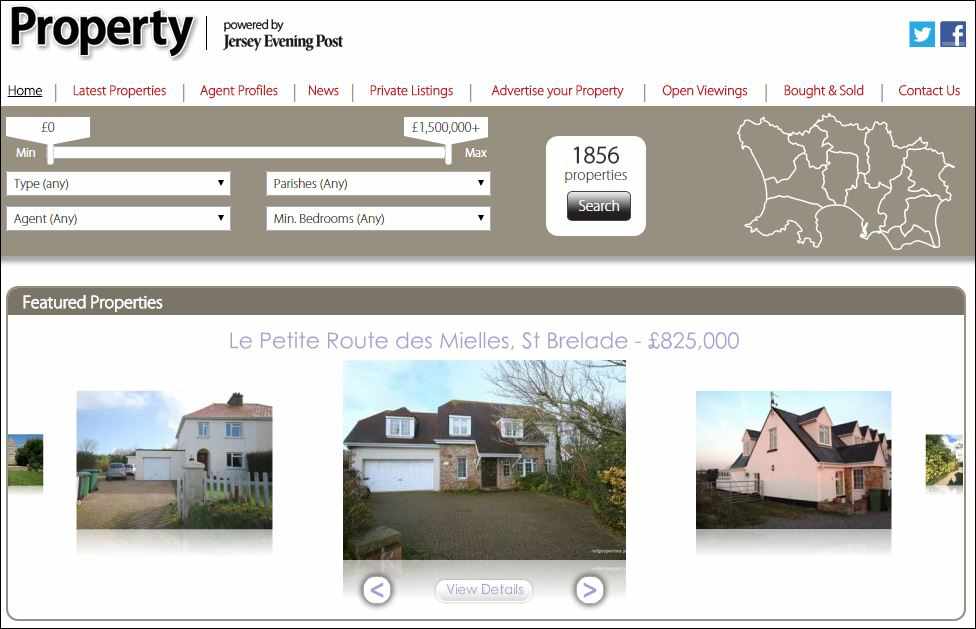
‘We hope that the market continues to grow in a modest, sustainable way, with prices rising roughly in line with wage increases, so that the affordability gap does not widen further.’
The average price of a home in the Island of £453,000 compares to £447,000 in Guernsey and £285,000 in the UK.
During July, August and September this year, 296 properties were sold in Jersey, which was lower than the 328 transactions during the previous three months, but higher than a year ago when there were 289 sales.
While house prices are recovering, the number of transactions has not matched the peak levels of 2008 despite an upward trend over the last two years.
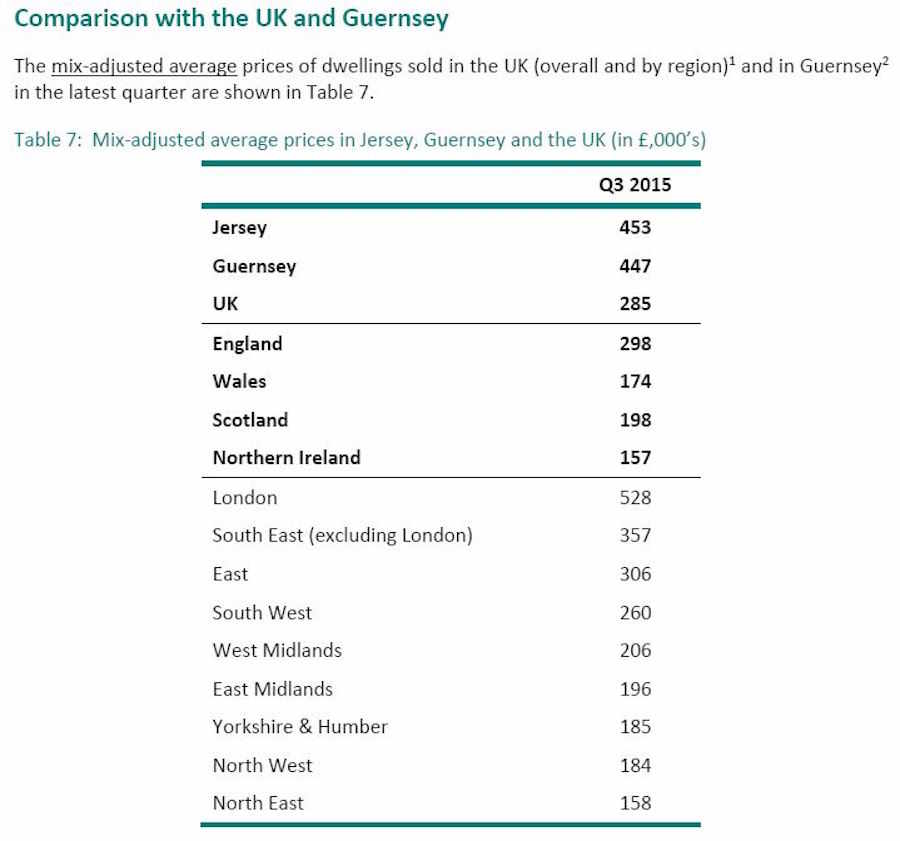
RISING property prices are a mixed blessing. New figures published today reveal that the cost of the average family home is now £502,000, almost as high as the peak five years ago when open viewings became bidding wars.
Estate agents also report an upturn in activity and say confidence is returning. This is yet another indication that the Island’s economy is starting to recover.
But who really profits from a rising housing market?
The rate of home ownership is lower in Jersey than the UK. This is an affluent Island, but the dream of buying a property is out of reach even for many households with a relatively high dual income.
Today’s front-page news reinforces the message that more needs to be done to bring affordable homes to the market.
That does not mean concreting over the countryside, but finding imaginative solutions in and around St Helier to create accommodation which reflects modern lifestyles and promotes community – places where people want to live.
St Helier Constable Simon Crowcroft is right to call for town not to become over developed, but the decision is not between rural building and ruining St Helier.
But if a new vision for St Helier, which is shared by many forward-thinking professionals in the Planning department, is to win public support, ministers must say no to gigantic mansions in the countryside which appear to ride roughshod over rules that seem to apply to all but the very rich.






